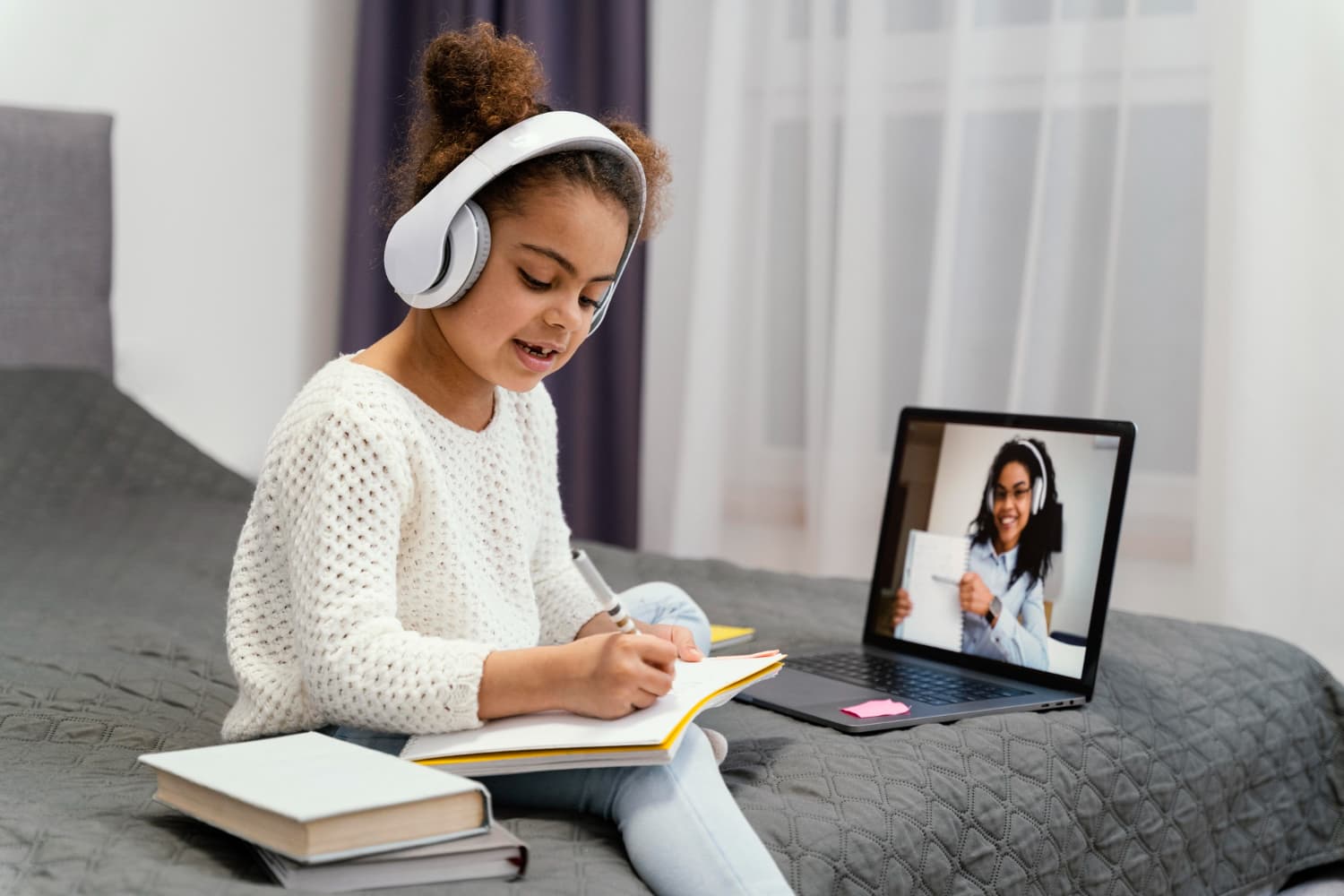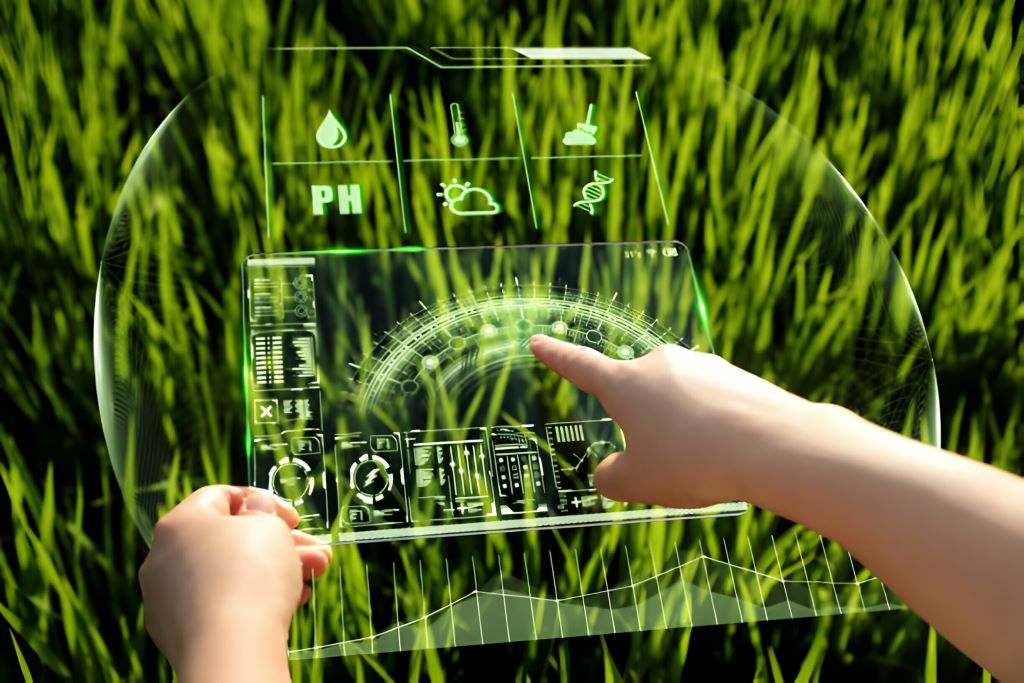In a rapidly evolving world where technology permeates every aspect of our lives, it’s no surprise that education, including Quranic education, is undergoing a digital transformation.
The integration of technology in Quran education is revolutionizing traditional teaching methods, making learning more accessible, engaging, and effective.
This article delves into the various ways in which technology is modernizing education and its impact on students, teachers, and the broader Muslim community.
1. Understanding Traditional Quran Education
Before delving into the role of technology, it’s essential to understand traditional Quran education methods.
For centuries, Quranic education has primarily been imparted through memorization (Hifz) and recitation (Tajweed). If you’re looking to buy Quran books, feel free to get in touch with Ibn Daud Books.
Students would sit in circles, known as Halqas, under the guidance of a teacher, or Sheikh, who would recite verses and correct pronunciation.

2. The Rise of Technology in Quran Education
In recent years, the integration of technology into education has become increasingly prevalent, and Quranic education is no exception.
As advancements in digital technology continue to reshape various facets of society, educators and scholars have recognized the potential of technology to enhance the teaching and learning of the Quran.
This section explores the rise of technology in Quran education, examining the various digital tools and platforms that are revolutionizing traditional methods of Quranic learning.
a. Online Learning Platforms
With the advent of the internet, online learning platforms have emerged as a popular medium for Quran education. Platforms like Quran Academy, Bayyinah TV, and Quran Interactive offer a range of courses, from basic Tajweed to advanced Tafsir, accessible to students worldwide.
b. Mobile Applications
Mobile apps have made Quran learning more convenient and accessible. Apps like Quran Companion, Memorize Quran for Kids, and Quran Majeed provide interactive lessons, memorization tools, and audio recitations, allowing users to learn on the go.
c. Virtual Reality (VR) and Augmented Reality (AR)
VR and AR technologies are revolutionizing Quran education by providing immersive learning experiences. Students can explore virtual mosques, interact with digital Quranic texts, and engage in interactive simulations of historical events mentioned in the Quran.
3. Benefits of Technology in Quran Education
The integration of technology in Quran education offers a multitude of benefits that enhance the learning experience for students and teachers alike. Here are some of the key advantages:
a. Accessibility
Technology has made Quran education more accessible to people of all ages and backgrounds, regardless of geographical location or physical limitations. Online platforms and mobile apps enable students to learn at their own pace and convenience.
b. Engagement
Interactive multimedia elements, such as videos, animations, and games, enhance student engagement and retention. Visual aids and interactive exercises make learning Quranic concepts more enjoyable and memorable.

c. Personalization
Technology allows for personalized learning experiences tailored to individual student needs and learning styles. Adaptive learning algorithms analyze student performance and provide customized feedback and recommendations for improvement.
d. Collaboration
Online forums, chat rooms, and social media groups facilitate collaboration and knowledge-sharing among students and teachers. Virtual study circles enable students to connect with peers and mentors from around the world, fostering a sense of community and support.
4. Challenges and Considerations
While the integration of technology in Quran education offers numerous benefits, it also presents several challenges and considerations that educators and learners must navigate:
a. Quality Control
The proliferation of online resources raises concerns about the quality and authenticity of Quranic education. It’s essential to ensure that online platforms and materials adhere to sound Islamic principles and are vetted by qualified scholars.
b. Digital Divide
Despite advancements in technology, disparities in access to digital resources persist, particularly in underserved communities and developing countries. Efforts must be made to bridge the digital divide and ensure equitable access to Quran education for all.
c. Maintaining Traditional Values
While technology offers numerous benefits, it’s crucial to strike a balance between innovation and tradition. Quran education should remain rooted in Islamic teachings and values, preserving the sanctity and reverence of the Quranic text.
5. Future Directions
Looking ahead, the future of Quran education holds exciting possibilities as technology continues to evolve and shape educational practices. Here are some potential future directions for the integration of technology in Quran education:
a. Integration of Artificial Intelligence (AI)
AI-powered learning systems hold the potential to revolutionize Quran education further. Intelligent tutoring systems can provide personalized learning experiences, adaptive assessments, and real-time feedback to enhance student learning outcomes.
b. Blockchain Technology
Blockchain technology can be leveraged to verify the authenticity and integrity of Quranic texts and certificates. Blockchain-based platforms can provide tamper-proof records of student achievements, enhancing trust and transparency in Quran education.

c. Virtual Reality (VR) and Augmented Reality (AR) Experiences
As VR and AR technologies continue to evolve, we can expect to see more immersive and interactive Quranic learning experiences. Virtual tours of historical sites, interactive storytelling, and virtual reality Qurans could revolutionize how we engage with the Quran.
Conclusion
Technology is playing an increasingly vital role in modernizing Quran education, making it more accessible, engaging, and effective than ever before. From online learning platforms to virtual reality experiences, technology offers unprecedented opportunities for students to connect with the Quran in innovative ways.
However, it’s essential to navigate the challenges and considerations thoughtfully, ensuring that technology complements, rather than replaces, traditional methods of Quran education.
With continued innovation and collaboration, technology has the potential to transform Quran education and empower generations of learners to deepen their understanding and appreciation of the Quranic teachings.



